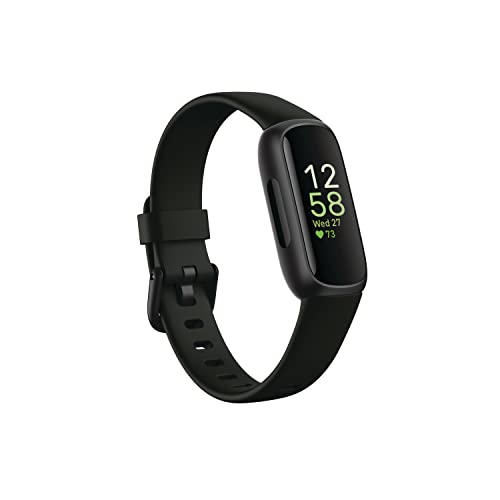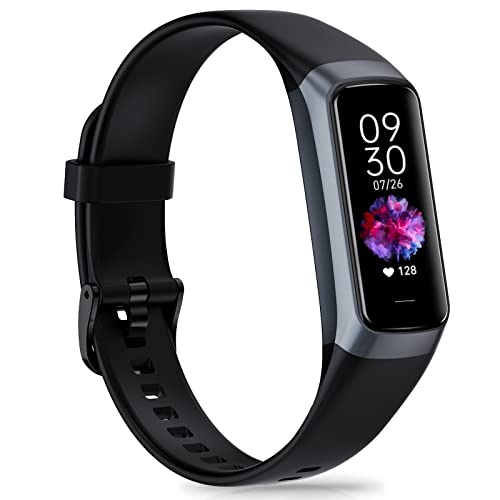The mobile health (mHealth) market is expected to grow exponentially over the next few years, with a recent “Global mHealth Market By Category, By Services, By Service Provider, By Geographic Scope And Forecast” report predicting a Compound Annual Growth Rate (CAGR) of 15.82% between 2021 and 2028.
This growth will see the market’s value skyrocket from USD 43.41 billion in 2020 to an astonishing USD 140.46 billion by 2028.
A variety of factors contribute to this surge in the mHealth market, with the widespread use of smartphones and wireless technology devices being a significant driver.
As smartphones become even more accessible, individuals can easily access healthcare-related services via wireless multimedia, providing the perfect environment for the mHealth market to thrive.
Key industry players like Fitbit, Apple, and Omron Healthcare, among others, are set to capitalize on this rapid growth.
Fitbit, in particular, has managed to secure a strong position in the mHealth market with its wearable technology and fitness solutions.
The market analysis featured in the report is based on in-depth secondary research, primary interviews, and in-house expert reviews, taking into account various social, political, and economic factors that impact mHealth market growth.
Porter’s Five Forces analysis is also included in the report, outlining the competitive landscape and the roles of system integrators, intermediaries, and end-users in the market ecosystem.
The global mHealth market is segmented into categories such as wearables and applications, as well as services like treatment services, diagnostic services, fitness and wellness solutions, monitoring services, and more.
Service providers include health insurance, hospitals, pharmaceutical companies, mHealth application companies, and others.
Geographically, the market is analyzed across North America, Europe, Asia Pacific, and the rest of the world, with regions like the US, Canada, Mexico, Germany, the UK, France, China, Japan, India, Latin America, and the Middle East and Africa highlighted.
As the mHealth market continues to grow, companies like Fitbit are poised to lead the way, offering innovative solutions to consumers and healthcare providers alike.
With the increasing accessibility of smartphones and wireless technology, the mHealth industry is set to revolutionize healthcare, improving access to critical services and enhancing the overall well-being of populations worldwide.






